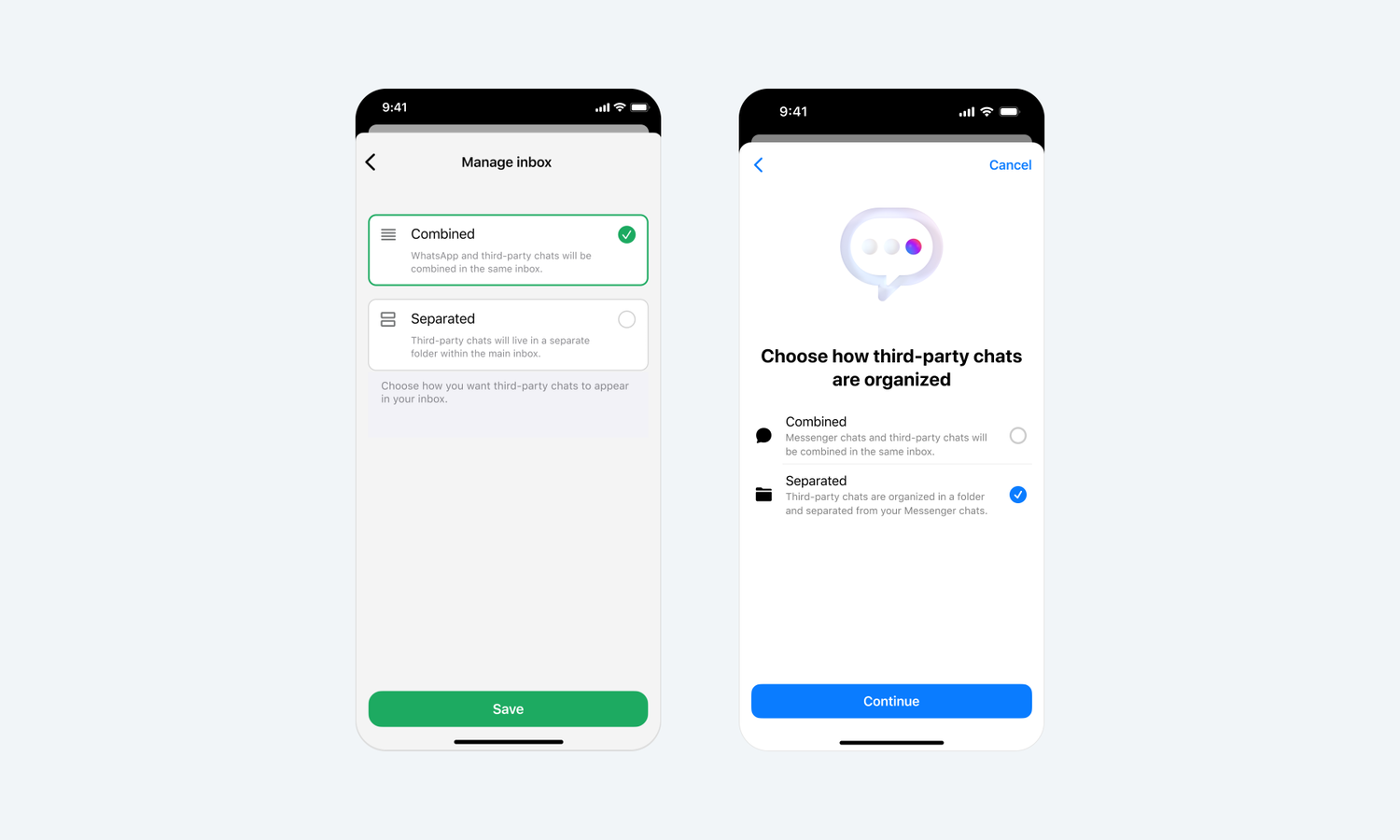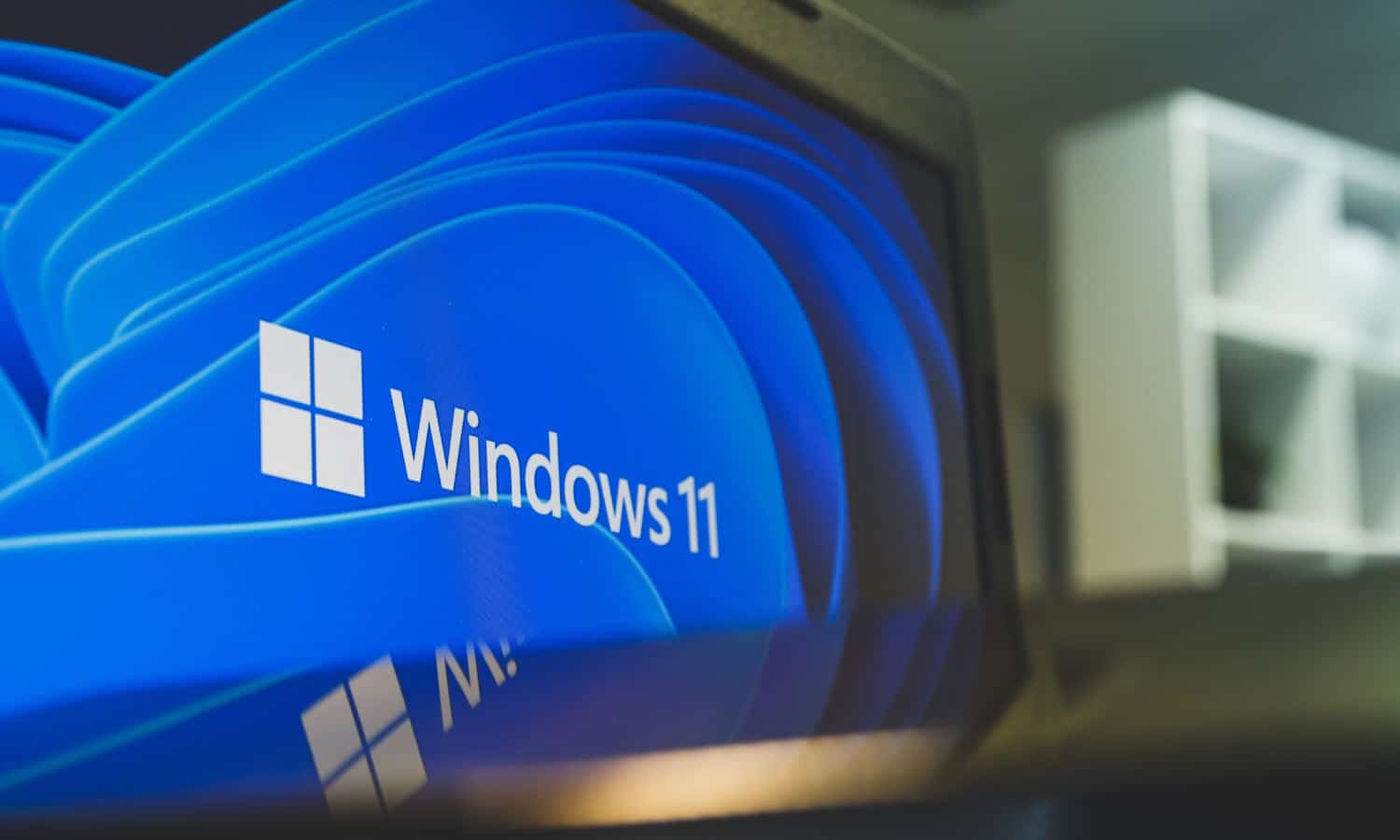
Attacks on manufacturing companies up 105 percent
The manufacturing and industrial sectors have seen a dramatic rise in cyberattacks, accounting for 41 percent of cyber incidents in the first half of 2024, an increase of 105 percent.
A new threat intelligence report from Ontinue also highlights a rise in state-sponsored campaigns from China increasingly focused on information control and leveraging zero-day exploits, further complicating attribution and escalating the global threat landscape.

Apple unveils AirPods 4 and introduces hearing health features in AirPods Pro 2
Apple has announced the release of the AirPods 4, along with new hearing health features for AirPods Pro 2, marking the world’s first all-in-one hearing health experience. The new AirPods lineup includes a redesigned AirPods 4 with an open-ear design and two models: AirPods 4 and AirPods 4 with Active Noise Cancellation (ANC).
Additionally, AirPods Max now come in a variety of new colors and offer USB-C charging for added convenience. AirPods Pro 2 will launch this fall with features like Hearing Protection, a Hearing Test, and a clinical-grade Hearing Aid, providing an end-to-end solution for users' hearing health.

Apple Watch Series 10 debuts alongside Apple Watch Ultra 2 in black titanium
Apple has introduced the Apple Watch Series 10, its thinnest model to date, featuring the largest display ever on an Apple Watch, along with new features like sleep apnea notifications, faster charging, and water depth and temperature sensing. In addition to the Series 10, Apple has also launched the Apple Watch Ultra 2, now available in a sleek black titanium finish, designed for athletes and adventurers seeking durability and advanced performance.
The Apple Watch Series 10 brings a refined design that is 10 percent thinner than its predecessors while offering up to 30 percent more screen area than previous models, making it easier to read messages, use apps, and navigate the interface. The new wide-angle OLED display technology enhances readability from various angles and provides 40 percent more brightness compared to the Series 9. With these upgrades, users can enjoy a better experience across all interactions, from checking notifications to tracking workouts.

Forget Google Pixel 9 Pro, Apple iPhone 16 Pro is the AI smartphone you really want
Apple has just unveiled the iPhone 16 Pro and iPhone 16 Pro Max, positioning them as compelling options for anyone that’s been considering Google's latest Pixel 9 Pro. With the new A18 Pro chip, advanced camera system, and Apple Intelligence, the iPhone 16 Pro models deliver powerful performance, cutting-edge features, and a sleek design that make them hard to ignore.
The iPhone 16 Pro offers a 6.3-inch Super Retina XDR display, while the iPhone 16 Pro Max boasts an impressive 6.9-inch screen -- the largest ever on an iPhone. Both models feature ultra-thin borders, enhancing their sleek design. With ProMotion technology and Always-On displays, users can expect smooth scrolling and vivid visuals. The new titanium frame not only makes these phones more durable but also significantly lighter than previous models. This design is further protected by Ceramic Shield, which, Apple says, is 2x tougher than glass on other smartphones.

Apple launches iPhone 16 with advanced A18 chip, enhanced camera features and Apple Intelligence
Apple today took the wraps off its new iPhone 16 and iPhone 16 Plus. The iPhone 16 series, powered by an all-new A18 chip, offers a number of improvements over its predecessors, including new camera functionalities and an improved battery life. The new Camera Control system allows for intuitive interactions with the camera settings and incorporates a tactile switch for quick access, a force sensor for precise adjustments, and a capacitive sensor for easy interaction.
Both models are equipped with a 48MP main camera that combines two optical qualities in one unit, offering both wide and Telephoto options. Additionally, the introduction of a new 12MP Ultra Wide camera supports macro photography and improves low-light performance by capturing more light.

ADATA launches XPG LANCER NEON RGB DDR5 gaming memory
ADATA’s gaming brand, XPG, has introduced its latest LANCER NEON RGB DDR5 gaming memory module, designed to cater to gamers, esports professionals, and tech enthusiasts. With a strong focus on both high performance and eco-friendliness, this new DDR5 memory module brings an innovative combination of extreme overclocking capabilities and sustainable production.
The LANCER NEON RGB stands out with an exclusive heat dissipating PCB coating that improves heat dissipation efficiency by 10 percent compared to traditional memory heatsinks. This coating increases the heat dissipation area and significantly lowers memory temperature by an average of 8.5°C. Overclockers can now push their memory modules to high clock speeds without worrying about thermal throttling, thanks to this advanced cooling solution.

DoorDash partners with Magnolia Bakery to deliver exclusive new banana pudding flavor through DashMart
DoorDash has teamed up with Magnolia Bakery to offer an exclusive new flavor of its well-known Banana Pudding: Peanut Butter with Chocolate Chunks. This flavor, which includes peanut butter swirls, chocolate chunks, and chocolate cookie pieces, is available exclusively through DoorDash’s DashMart platform. The dessert won’t be sold in Magnolia Bakery’s physical locations, but it can be ordered for on-demand delivery via the DoorDash app starting today.
Customers looking to try the exclusive pudding can find it by searching their local DashMart on the DoorDash app, selecting Magnolia Bakery, and adding the dessert to their cart. After completing the checkout process, the treat will be delivered directly to their doorstep.

TP-Link launches Omada Cloud Essentials for cloud-based network management
TP-Link has introduced Omada Cloud Essentials, a cloud management platform designed for surveillance networks, large homes, and businesses. Omada's architecture includes multiple controllers: on-premises hardware, software, and cloud-based options.
Omada Cloud offers two versions: Essentials and Standard. The Essentials version is free and provides basic cloud services, while the Standard version includes additional features and requires a license. Omada Cloud Essentials is designed for the centralized management of access points, switches, and gateways, with features like topology and VLAN management, offering a simplified solution for smaller operations.

The role of AI in securing identity [Q&A]
Identities are probably the biggest attack surface for organizations in today's world as employees rely more on systems and apps to do their jobs.
Mapping identity and access data from the large, disparate, and often disconnected, mix of on-premise and cloud systems that enterprises use is a major challenge.

Save $24! Get 'The Code of Honor: Embracing Ethics in Cybersecurity' for FREE
While some professions -- including medicine, law, and engineering -- have wholeheartedly embraced wide-ranging codes of ethics and conduct, the field of cybersecurity continues to lack an overarching ethical standard. This vacuum constitutes a significant threat to the safety of consumers and businesses around the world, slows commerce, and delays innovation.
The Code of Honor: Embracing Ethics in Cybersecurity delivers a first of its kind comprehensive discussion of the ethical challenges that face contemporary information security workers, managers, and executives.

Log files: What are they, why do they matter and how to protect them?
Log files come with many challenges. Firstly, they exist as enormous volumes of data. Almost everything that a user does is recorded, meaning that they quickly pile up, and not all of them are useful.
Secondly, they aren’t all uniform as they come in various shapes and sizes, serving various purposes. Event logs, system logs, access logs and server logs are just some of the various types that are collected and stored. This large volume of data means that processing and analyzing logs for use can be time-consuming and complex.

Meta reveals more details of WhatsApp and Messenger's interoperability with third-party messaging services that's coming to Europe soon
There are many frustrations to complain about in relation to messaging apps, but one of the biggest has to be the fact that the vast majority of platforms do not talk to each other. Facebook Messenger can only be used to talk to other Facebook Messenger users, WhatsApp can only be used to communicate with other WhatsApp users, and so on. But this is about to change.
At least it will change for people in Europe. In response to the Digital Markets Act (DMA), Meta is working towards making it possible for WhatsApp and Messenger users to enjoy cross-platform interoperability by enabling third-party chats. This has been in the pipeline for a while, but the changes are now imminent and more details of how it will all work have been revealed.

Microsoft builds on past Windows 11 taskbar improvements with enhanced app pinning
The taskbar and Start menu continue to be features of Windows 11 that divide opinion. And, for better or worse, Microsoft is continually changing things up and making evolutionary developments.
A good example of this is when app pinning was updated so it was possible to drag and drop apps pinned to the Start menu onto the taskbar in order to pin them there as well. Now the company has introduced another significant improvement to taskbar/Start menu pinning that helps to make life much easier.

Ubuntu Linux 24.10 codenamed ‘Oracular Oriole’ takes flight with mystical inspiration
Canonical has officially revealed the codename for Ubuntu 24.10, and it's drawing inspiration from myth and poetry. The upcoming release will be known as "Oracular Oriole," a name that combines the imagery of the vibrant oriole bird with a sense of prophecy and creativity. This continues Ubuntu's tradition of pairing animal-themed codenames with evocative adjectives, blending symbolism with the open-source community’s forward-looking spirit.
The name "Oracular Oriole" harkens back to the oriole’s presence in various cultures, where it has been seen as a symbol of prosperity and divine foresight. This theme is reflected in Ubuntu 24.10’s artistic direction, including its official wallpaper. Canonical's design team has crafted an intricate representation of the Oriole, incorporating celestial motifs like planets and concentric circles, alluding to Ubuntu's "circle of friends" logo. The design, described by Marcus Haslam, the project’s lead designer, brings together the bird’s mythical qualities with modern visual rhythm.

KDE Slimbook Plasma VI brings AMD Ryzen power and AI to Linux laptop with 96GB RAM and 83wh battery
The KDE Slimbook Plasma VI is a refreshed Linux laptop that improves both performance and design over its predecessor. This latest iteration of the KDE Slimbook lineup now comes equipped with the powerful AMD Ryzen 7 8845HS processor, offering eight cores, 16 threads, and an NPU for local AI tasks. With up to 96GB of RAM, this laptop should easily handle intensive workloads, surpassing the previous version’s 64GB memory cap.
The Plasma VI also features a bigger 83wh battery for longer usage and a sound system powered by four speakers, including two tweeters. The redesigned "space blue" aluminum chassis gives it a sleek, modern look while enhancing the build quality, accompanied by a firmer, more tactile keyboard.


